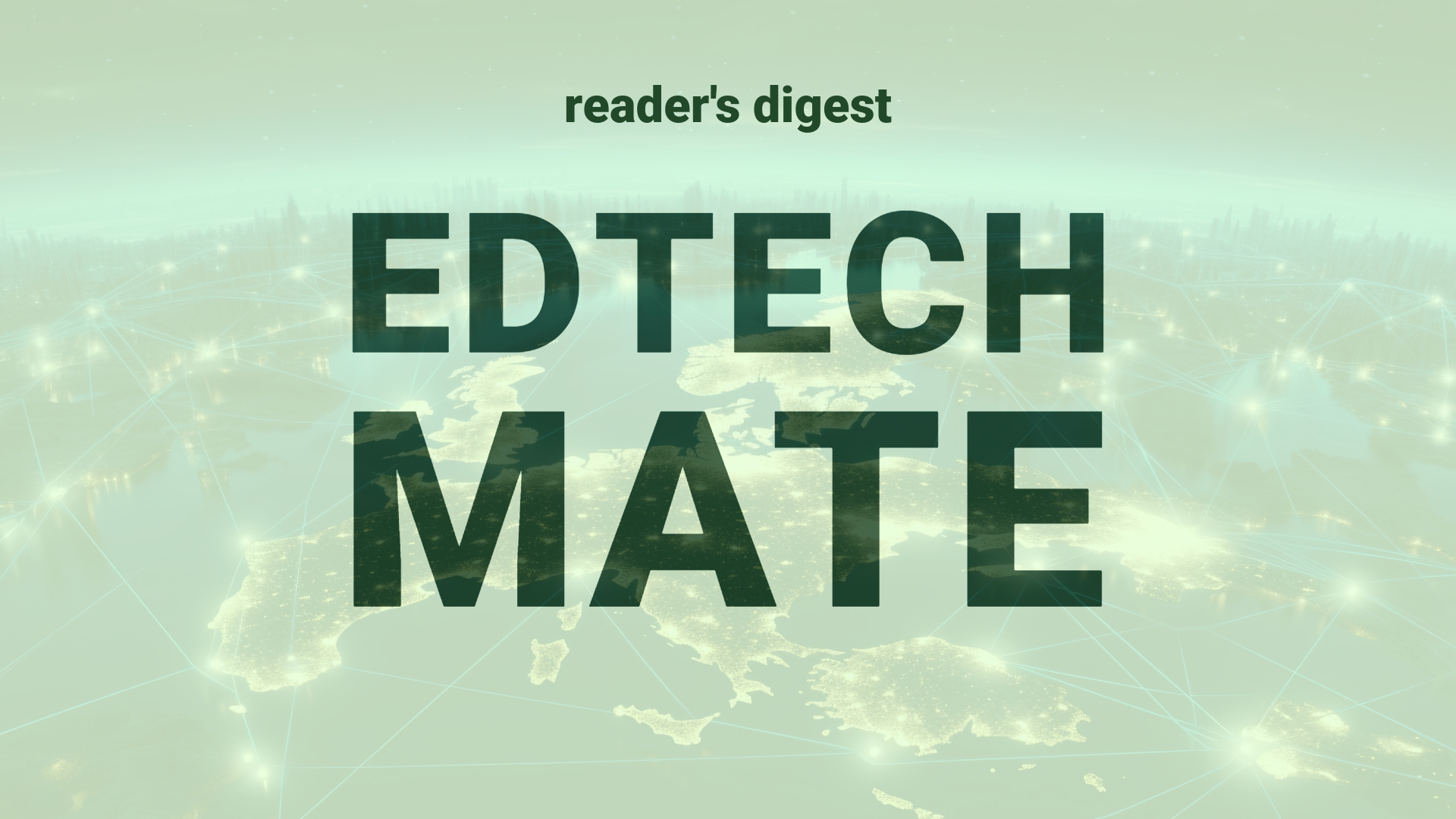“`html
Executive Summary and Main Points
Microsoft has announced plans to invest €3.2 billion to bolster AI and cloud capacities in Germany by the end of 2025. The company aims to train over 1.2 million individuals in digital skills to enhance the German economy’s global competitiveness in AI. Notably, Germany is ranked second worldwide in enterprise AI usage and AI-based application development. Conversely, it stands at 11th place within Europe for AI skills, highlighting the potential for educational growth. German industrial giants are anticipated to deeply integrate AI technologies in 2024, which could reinforce Germany as a frontrunner in AI innovation.
Potential Impact in the Education Sector
Microsoft’s large-scale investment and training initiative hold the potential to significantly influence strategies in Further and Higher Education, as well as the development of Micro-credentials. By scaling up AI capabilities, educational institutions could foster strategic partnerships with industry, promoting curriculum innovation and digitization. The focus on practical AI skills may catalyze a new wave of digitally-empowered graduates, bridging the current AI skills gap in Germany and potentially setting a benchmark for global higher education best practices.
Potential Applicability in the Education Sector
Microsoft’s emphasis on technical AI training and certification, in partnership with various German entities, showcases the potential for AI and digital tool applications to revolutionize educational practices. This approach could be mirrored globally, emphasizing AI literacy and competency across academic disciplines. The potential creation of a professional certificate for generative AI also indicates a direction towards specialized, industry-relevant credentials that could enhance global education systems and workforce readiness.
Criticism and Potential Shortfalls
Despite the optimistic outlook, critiques might include the reliance on a single corporate entity for such a vast educational initiative, which could raise questions about diversity in learning approaches and equal access to resources. There could also be cultural and ethical concerns regarding the impact of AI on employment and the influence of corporate priorities over educational agendas. Comparing this initiative with international case studies could highlight disparities in implementation success and the need for localized strategies that consider cultural nuances.
Actionable Recommendations
Education leaders should consider collaborating with a variety of stakeholders, including tech companies and local industries, to leverage these technological advancements. They should also ensure that AI ethics and cultural implications are integral parts of the curriculum. Furthermore, recognizing the importance of inclusivity, programs should strive to provide access to marginalized and underrepresented groups. Tracking the outcomes of Germany’s initiative could serve as a model for informed decision-making in future projects globally.
“`
Source article: https://www.cio.com/article/1307933/microsoft-invests-e3-2-billion-in-ai-and-the-cloud-germany.html

